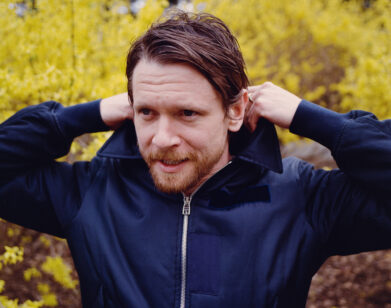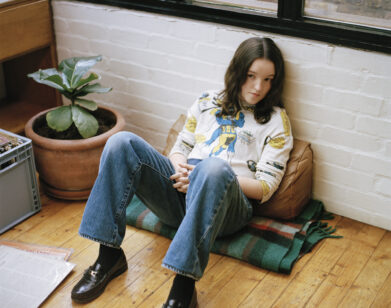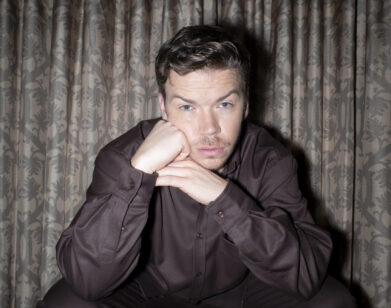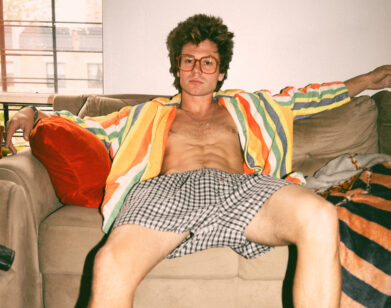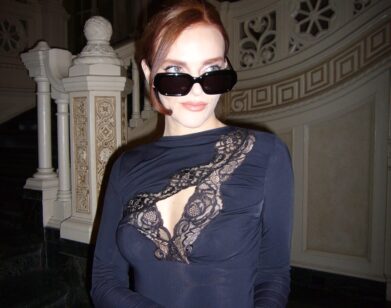More Psycho than Psycho: Clouzot’s Diabolique
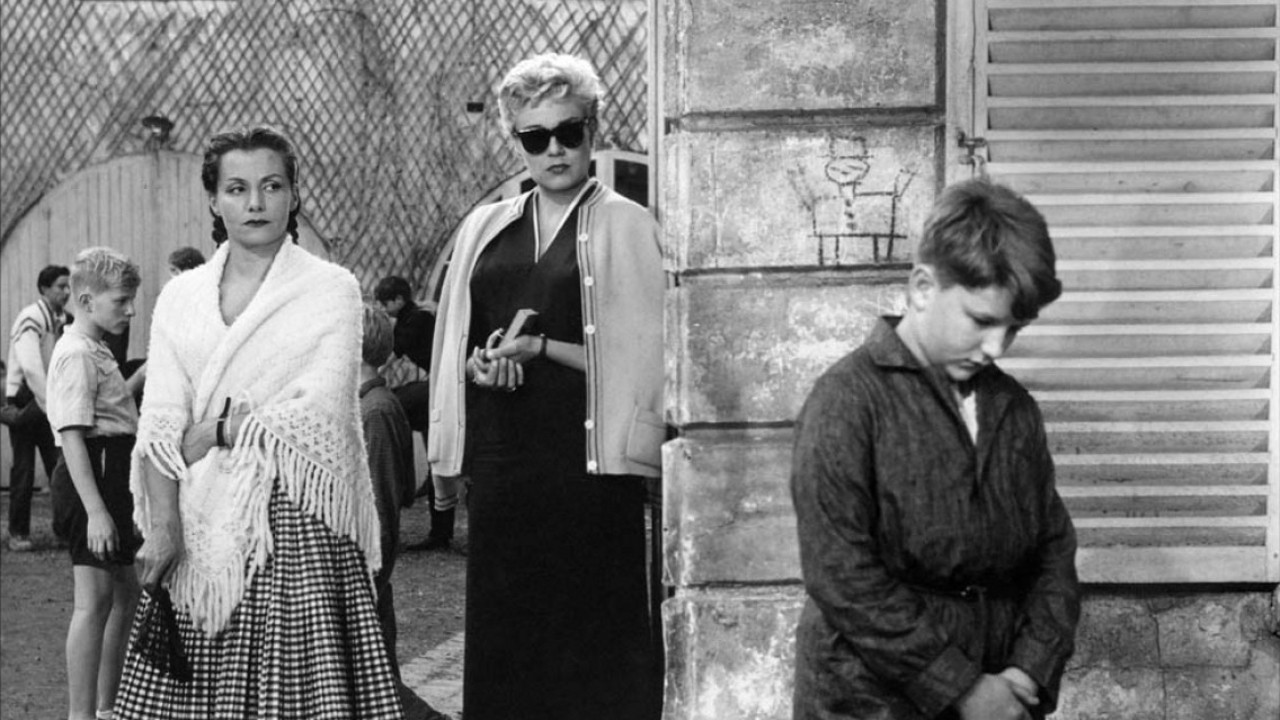
You often hear about how Psycho changed horror movies. But before Psycho, there was Diabolique. Directed by Henri-Georges Clouzot, Diabolique (1955) was the true first flexing of many of the techniques that Hitchcock implemented five years later, innovations without which we wouldn’t have the scary movies we have today.
Like Psycho, Diabolique disposed of a sympathetic female protagonist—something that simply wasn’t done at the time. It turned a well-lit bathroom into the stuff of nightmares. More significantly, it blindsided audiences with an ending they never saw coming. As Hitchcock did when Psycho came out, Clouzot begged viewers not to give the plot twist away.
The action takes place at a shabby-chic boarding school outside Paris, which the headmaster (Paul Meurisse) takes pleasure in running like a petty tyrant. His gentle wife (Vera Clouzot) and his steely mistress (Simone Signoret) are both teachers there, and he is abominably cruel to them both. Fed up, they conspire to kill him and dump his body in the school’s scummy swimming pool. But then the corpse mysteriously disappears.
For the first half of the film, we know as much about what’s going on as the characters do, if not more. By the end, we’ve been completely bamboozled. According to film scholar Kelley Conway, who does a voiceover analysis of the film in Criterion’s new Blu-Ray edition, Clouzot’s masterful handling of “restricted narrative” is one of the main reasons Diabolique is so satisfying.
Another is the efficient staging. The school where most of the action takes place is a honeycomb of open doors and windows; there’s barely a division between the interiors and the yard, and there’s an almost inherent tension in the exchanges between characters that are deep in the frame and those in the foreground. The drawn-out, mostly silent finale—a terrifying transit between rooms and corridors—is, quite simply, fantastic. American audiences gobbled it all up, despite the subtitles.
Hitchcock, who made many of his best thrillers in glamorous but puritanical ’50s Hollywood, had a similarly masterful way with suspense. And some of the same sources: he reportedly tried to secure rights to the novel Diabolique was based on, only to have Clouzot beat him to it. Not that Hitchcock gave up entirely: Vertigo, released three years after Diabolique, was adapted from a book by the same French crime-fiction authors, Pierre Boileau and Thomas Narcejac.
Paradigm-shifting Psycho came two years later. For a time, it buried Diabolique. But if Clouzot’s film teaches us anything, it’s that true devils are never really dead.
DIABOLIQUE IS AVAILABLE MAY 17 ON CRITERION BLU-RAY AND DVD.

